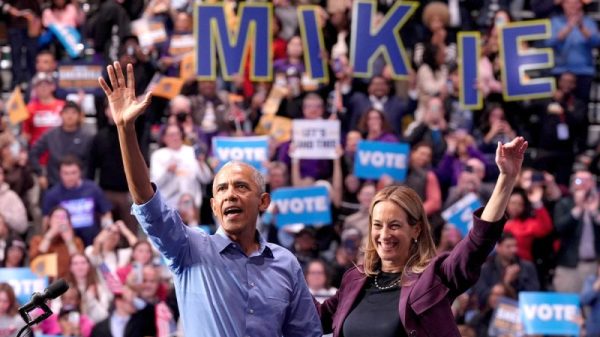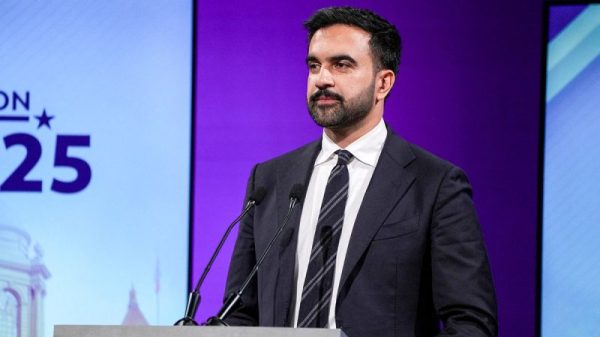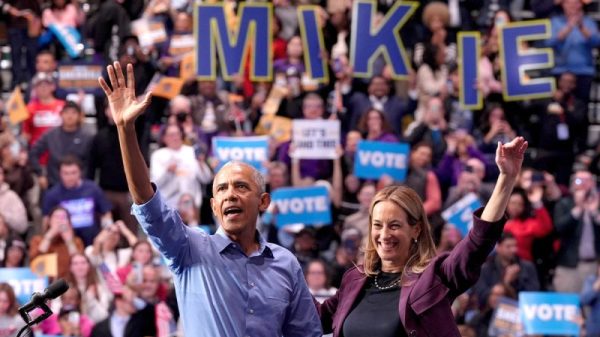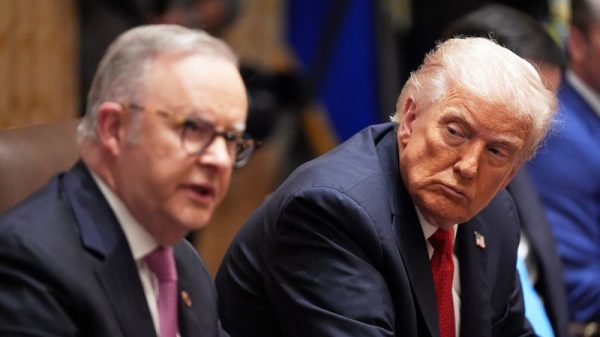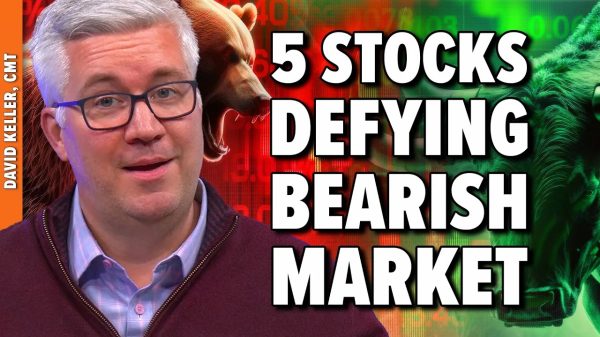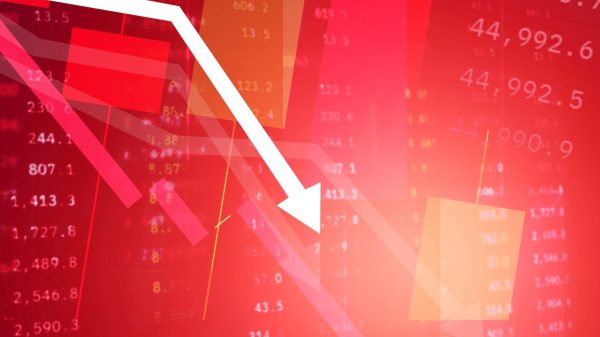
Beijing has issued a strong warning to Washington, promising retaliation if U.S. President Donald Trump follows through on his threat to impose 100% tariffs on Chinese imports by 1 November — a move that risks reigniting a full-scale U.S.–China trade war.
In a statement on Monday, China’s commerce ministry accused the U.S. of “wilful threats” that would “escalate tensions and damage global trade stability.”
“China’s position on the trade war is consistent,” the ministry said. “We do not want it, but we are not afraid of it.”
The warning came after Trump declared on Friday that his administration was preparing sweeping new tariffs and export controls, including measures targeting critical software and technology sectors. His comments were widely interpreted as a direct response to Beijing’s new restrictions on rare-earth exports, materials essential for U.S. defence, semiconductor, and electric vehicle industries.
The renewed tensions rattled financial markets worldwide. Wall Street suffered a steep sell-off on Friday, with $2 trillion wiped from U.S. stock values. The Dow Jones Industrial Average tumbled nearly 900 points, while the FTSE 100 fell almost 1% as investors braced for fresh disruption to global supply chains.
Analysts warned that the tariff threat could further dampen confidence among international investors already wary of slowing growth and tightening credit conditions.
Despite the escalation, Trump attempted to strike a softer tone on Truth Social, writing: “The U.S. wants to help China, not hurt it.”
However, U.S. Senator JD Vance, a prominent Trump ally, urged Beijing to “choose the path of reason” to avoid what he called “unnecessary damage to both economies.”
Mark McCarthy, Chief Revenue Officer at Basware, said that trade war rhetoric injects deep uncertainty into the corporate sector, particularly for global enterprises dependent on complex supply chains.
“Trade wars and tariff uncertainty introduce volatility into the global economy,” McCarthy said. “For major enterprises, especially those with international footprints, this creates hesitation around IT spending. CIOs and CFOs may delay major investments, reassess strategic priorities, and scrutinise every dollar of spend.”
He added that the smartest companies would “not stop investing, but refocus” — directing resources towards automation, operational efficiency and risk mitigation.
“Supply chains are not nimble, as we saw during the pandemic,” McCarthy continued. “CIOs and CFOs will be looking for suppliers capable of navigating complex tariff and tax regimes. Combining technology solutions with strong compliance expertise will be critical as these tariffs come into effect.”
Compliance experts warn of rising financial crime risks
Beyond corporate disruption, experts are warning that volatile tariff regimes could create fertile ground for financial crime and trade-based money laundering.
Michael Joseph, compliance expert at Napier AI, said shifting trade policies were inadvertently “creating new vulnerabilities” within global supply chains.
“Fluctuating tariffs, while designed to serve economic and national security objectives, have created unintended consequences,” Joseph said. “As supply chains reorganise, new opportunities for money laundering and fraud emerge.”
He noted that financial crime costs the U.S. economy more than $600 billion annually, and warned that changing tariff structures could exacerbate those losses.
“For compliance professionals, adapting financial crime risk mitigation strategies is critical,” he added. “Incorporating tariff policy changes into targeted risk assessments helps identify vulnerabilities tied to high-tariff jurisdictions and misrepresented commodities.”
Joseph said the coming years would demand “increased vigilance, technological innovation, and cross-border collaboration” as companies adapt to new regulatory realities.
“For compliance teams, this environment represents not just a challenge but an opportunity to demonstrate their strategic value in an increasingly complex global economy.”
Analysts say the next few weeks will determine whether Trump’s threat signals a genuine policy shift or a negotiation tactic designed to pressure Beijing. Some see echoes of his earlier “escalate-to-de-escalate” strategy, where extreme measures were used to accelerate talks.
Either way, global markets are braced for turbulence. The risk, say experts, is that neither Washington nor Beijing blinks first — and that the world’s two largest economies end up dragging global trade into another prolonged period of uncertainty.
Read more:
China warns U.S. of retaliation over Trump’s 100% tariff threat

